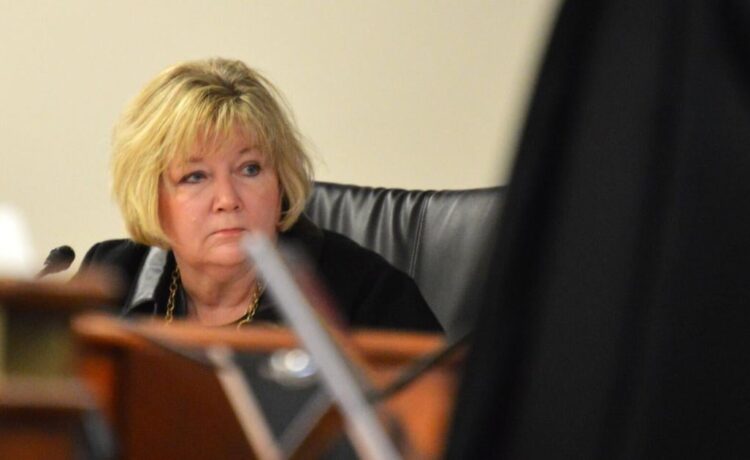COLUMBIA — Statehouse Republicans have revitalized a push to use state dollars to finance a private school tuition program just months after the state’s high court ruled an almost identical policy was unconstitutional.
The plan that was advanced by the House Education and Public Works Committee Feb. 19 still faces headwinds with their fellow House Republicans as well as Senate colleagues who pursued the use of lottery funds to back the program.
The lottery route supporters had hoped to avoid the same constitutional questions that nearly killed the program last September.
The proposal that passed a committee vote after several hours of debate is a near-carbon copy of a similar private school voucher plan enacted by lawmakers during the 2024 legislative session.
It would implement a graduated school voucher program over several years that would initially be open only to students whose families’ collective income was 300 percent of the poverty line or lower.
It would allow those funds to be used at any qualifying private or parochial school. The overall number of students in the program would be capped, in an effort to provide a predictable financial impact for the program.
It is also largely similar to a reimagining of the program passed by the Senate earlier this winter after several weeks of floor debate.
But there are a few key differences.
Unlike the more restrictive Senate version, the House proposal would keep the maximum family income for eligible students capped at 300 percent of the federal poverty line in year one, and then move to 400 percent in year two.
The next step would include removing income limits and implementing early enrollment windows with preferences for certain populations. It would be capped at 10,000 students.
Unlike the lottery-funded Senate version, the House version would use general fund dollars to support the program, a decision solidified by a House Ways and Means Committee budget proposal released Feb. 19. It set aside a combined $45 million in recurring and non-recurring funding for the scholarship fund.
Part of the rationale is fiscal.
The state lottery — which is currently the primary funding source for a state-funded suite of higher education scholarships — is earning less and less revenue every year, State Revenue and Fiscal Affairs Director Frank Rainwater told lawmakers. And a proposal endorsed by Gov. Henry McMaster to allow lottery players to purchase tickets with debit cards is likely to generate far less revenue than anticipated, with 2025-2026 estimates currently projecting just a 3.4 percent increase in lottery revenues.
In spite of the latest funding proposal the constitutionality of using general fund dollars to finance public education remains in some minds a settled question. Article XI, Section 4 of the state Constitution explicitly states “no money shall be paid from public funds” for the direct benefit of any religious or private educational institution — language the state’s high court affirmed in a 3-2 decision in September.
But the makeup of the court is different now, state Rep. Shannon Erickson, R-Beaufort, told reporters. And arguments made by current Chief Justice John Kittredge, who dissented in the earlier case, gave her confidence that it was not the source of funding that was the issue, it’s how the money flowed.
To resolve this, Erickson — with guidance from state Superintendent of Education Ellen Weaver’s office — ran an amendment to create a new trustee position within the state Department of Education to oversee the fund, a decision she said would potentially reframe that flow of funding from a “direct benefit” to the schools to an “indirect benefit.”
“There’s no opinion that I’ve been able to find on whether the lottery money is considered public or private,” Erickson told reporters after the vote. “So that would be a novel issue for the courts to rule on, and yet another lesson to be learned that I’d rather us not waste time on. With the funding that we previously had in place, we were given one set of criteria that we needed to meet to make it solid. For me, that was the closest I could come to listening to our chief justices and and our Supreme Court justices.”
Erickson laughed when asked whether she expected a fight over the approach on the floor.
“Of course,” she said. “This is the House.”
This is a developing story. Check back for updates.














